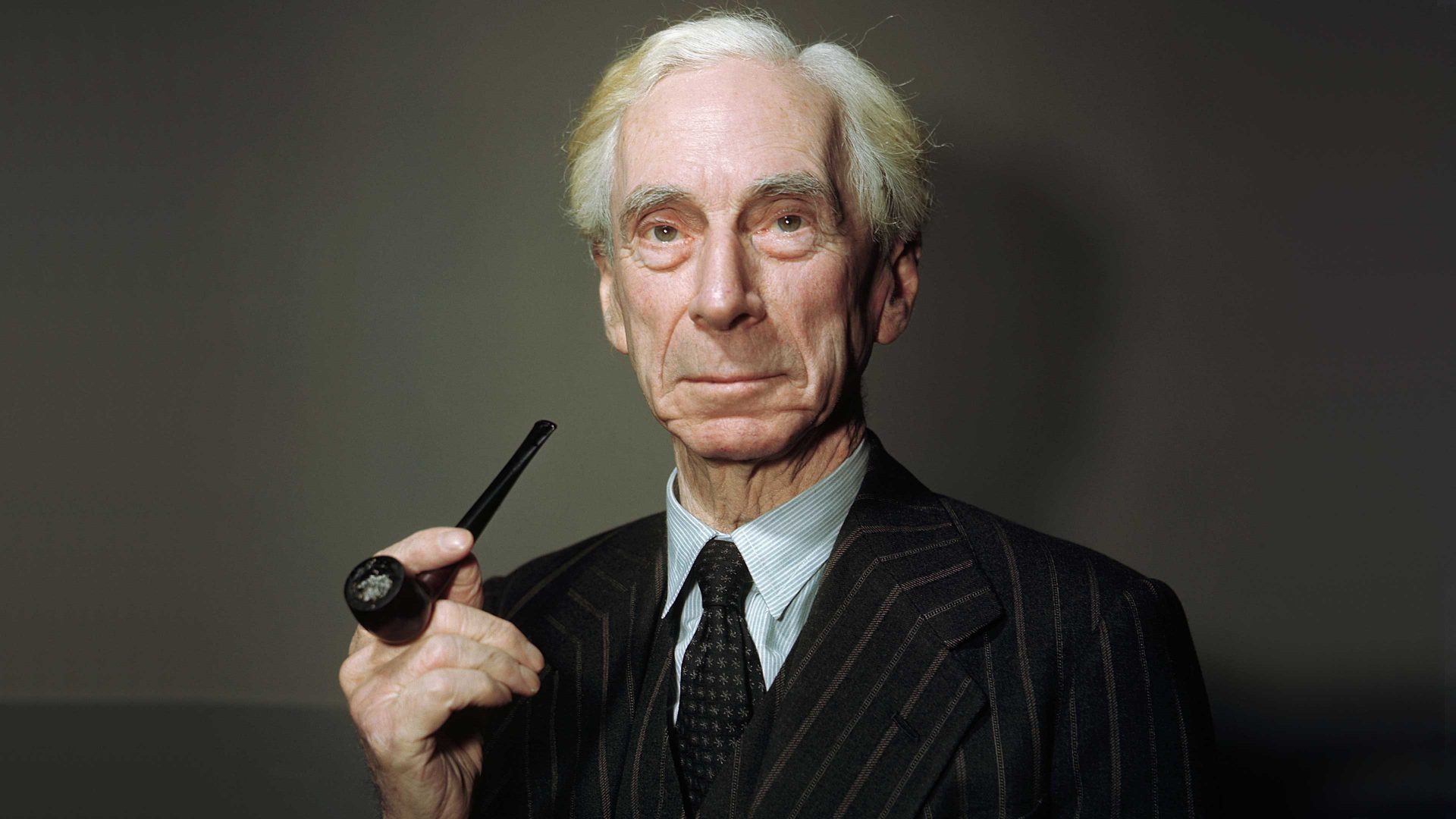Some philosophers ignore what’s going on around them. Not Bertrand Russell, whose birthday was last Saturday. He died in 1970 at the age of 97, after a life of campaigning and political interventions.
A great public intellectual, Russell was deeply involved in the major issues of his day from a humanitarian perspective. As a young man, he’d been a brilliant mathematician and logician, and had helped Ludwig Wittgenstein get started in philosophy.
It looked as if he would have a long career as a philosophy don. But he was a pacifist during the first world war, which led to him losing his lectureship at Trinity College Cambridge in 1916, and later to a jail sentence, which he served in Brixton prison.
As the second world war unfolded, he came to see that fighting the Nazis was “the lesser of two evils”. He wrote: “I am still a pacifist in the sense that I think peace the most important thing in the world. But I do not think there can be any peace in the world while Hitler prospers.”
Russell, always a great humanist, attacked religion because it is founded on falsehoods and usually harmful. His pamphlet Why I am not a Christian, based on a talk he gave in 1927, was a precursor of works by the New Atheists.
He championed women’s rights over their bodies and was an early advocate for birth control and far greater sexual freedom. He opposed the Vietnam war and imperialism in general.
He was also an early and vociferous opponent of atomic weapons, and helped found the Campaign for Nuclear Disarmament (CND) – becoming its first president. At the age of 89 he was arrested at a CND protest and, given the choice of avoiding jail if he promised “good behaviour” he replied, “No, I won’t!” and found himself back in prison for a week.
YouTube has given Russell an afterlife of sorts by allowing us to see this twinkly, impish man speaking like a sage. His message to the future, expressed during a 1959 television interview, recently went viral.
“I should like to say two things, one intellectual, one moral,” he begins. His intellectual point was that wherever possible we should look at the facts and try not to be diverted by what we wish to believe. His moral point is captured in his aphorism “love is wise and hatred is foolish”.
He explains: “If we are to live together and not die together, we must learn a kind of charity and a kind of tolerance which is absolutely vital to the continuation of human life on this planet.”
Good points, but hard to live up to. In particular, how should we bring up children to love humanity and value knowledge and tolerance? This wasn’t an abstract question for Russell – he and his second wife, Dora Black, set up an experimental school, Beacon Hill, on the Sussex Downs in the late 1920s. They wanted to create an environment in which children could grow up happy, healthy, tolerant, and with a firm commitment to humanity.
This progressive school renounced corporal punishment and deadening authority and concentrated on inspiring children’s interest in learning in an atmosphere of free and open discussion. It was caricatured by the press as the school where children could do whatever they liked.
What the Russells hoped for, though, was a generation brought up in “fearless freedom”, without the psychological inhibitions that more traditional schooling had given their own generation. Their two children, Katharine and Peter, were both pupils there.
Katharine’s fascinating memoir published five years after Russell’s death, My Father Bertrand Russell (under her married name Katharine Tait), reveals that the school wasn’t without its problems, but that it did succeed in inspiring a lifelong love of learning, not least because Russell himself was a wonderful teacher.
One aspect Tait valued highly about Beacon Hill was the teachers’ openness: they would discuss any aspect of life, including sexual matters. What a contrast with last week’s proposals from the Conservative Party to ban all talk of sex from classrooms for the under-nines, and not to discuss “explicit” sexual topics (including contraception) until they are 13, even then not mentioning gender change.
Under-13s struggling to understand sexuality and gender will have to rely on their own research online or learn from what friends and parents tell them. It’s hard to see how this can be in their interests.
It’s also very unlikely good teachers will comply when asked direct questions. How could they?



